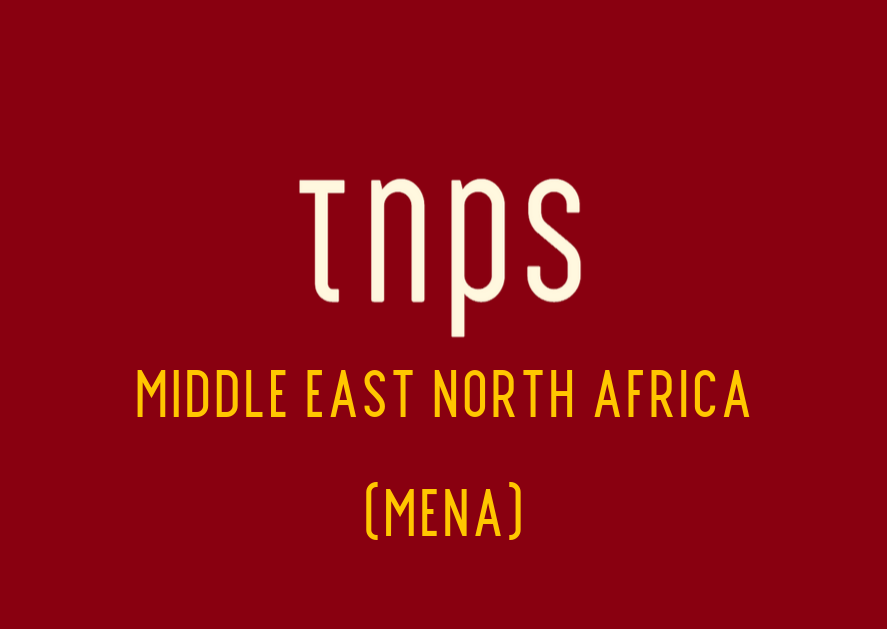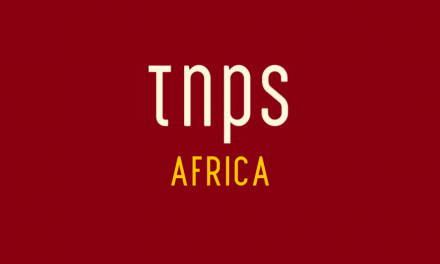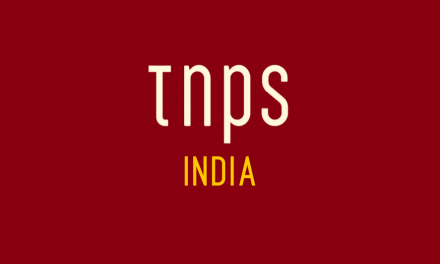The Arab Literary Renaissance is real and palpable…but needs to be inclusive of all the Arab markets, not a showcase for a handful of countries, if Arabic literature is going to take its rightful place on the world stage.
Launched on the side-lines of the 41st Sharjah International Book Fair, the new Emirates Publishers association’s Manasseh website, in Arabic and English,
Serves as a platform providing comprehensive services to local and international authors and publishers, including editing, design, production, and marketing through the use of advanced technologies and methodologies. It builds on the company’s efforts to promote the works of its members online and broaden their exposure to audiences beyond the local market.

Rashed Al Kous, Executive Director of the Emirates Publishers Association, said:
With the launch of the new website, EPA offers its members and UAE publishers, authors, and researchers a new platform to promote their works both at international events and exhibitions, and online, which is aligned with EPA’s goals and strategies to provide readers with rich content in traditional and digital formats.
The Manassah distribution operation was first highlighted at the 2021 Sharjah International Book Fair, and this year’s incarnation finally sees the official website go live.
For the UAE this is a big step forward in terms of enabling and empowering Emirati publishers and authors, but the bigger question as yet unanswered is how the wider Arab book markets can embrace this model, with its broad scope of both print and digital, at a time when so many Arab publishers are still wedded to the traditional print-only model, despite the obvious shortcomings in terms of distribution and reach.
Sharjah and fellow Emirate Abu Dhabi have led the way in bringing the Arab book markets to the attention of the world, boosted by the two year tenure of Sharjah’s Bodour Al Qasimi as President of the International Publishers Association, and culminating in Markus Dohle, the CEO of the world’s largest trade publisher Penguin Random House, finally waking up to the Arab book market opportunity.
But this needs to be a gateway process, not a one-way street for western publishers to sell books to Arab readers, and that’s why the Manassah project is so important, and why publishers in other Arab countries need to get behind the Manassah project while cultivating their own routes into the global publishing market.
The Arab Literary Renaissance is real and palpable, with major strides forward not just in the UAE but by the publishing sectors in Saudi Arabia, Egypt and elsewhere. But this needs to be inclusive of all the Arab markets, not a showcase for a handful of countries, if Arabic literature is going to take its rightful place on the world stage.
And in the third decade of the twenty-first century digital publishing and distribution has to be allowed to play a central role, not treated as a threat, as we see still in many Arab countries.
For some background to the Manassah project, check out this post from TNPS back in early 2019.





